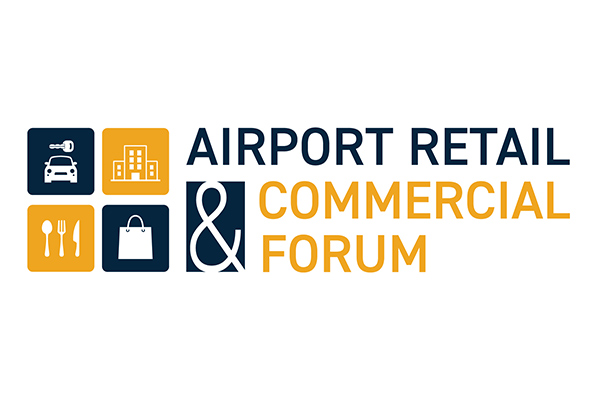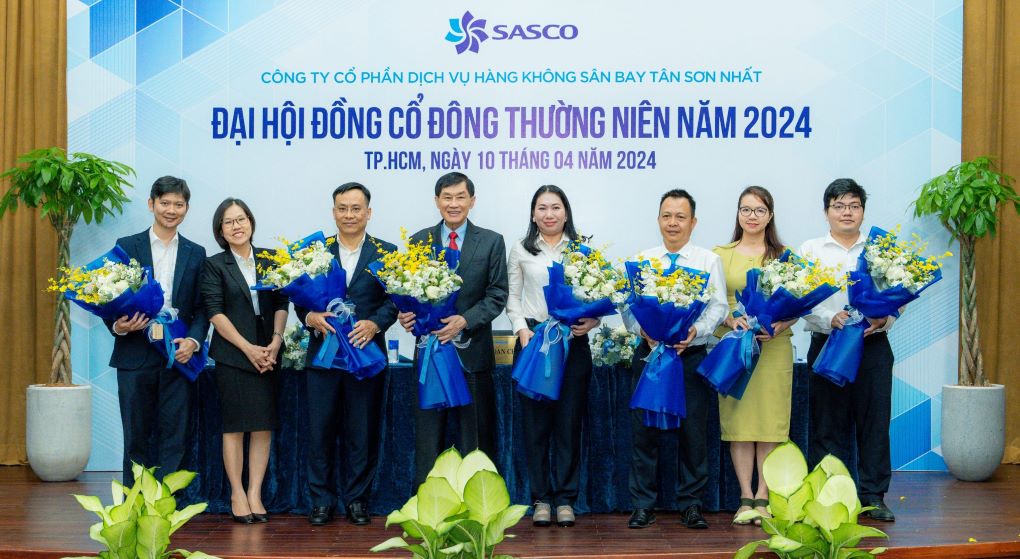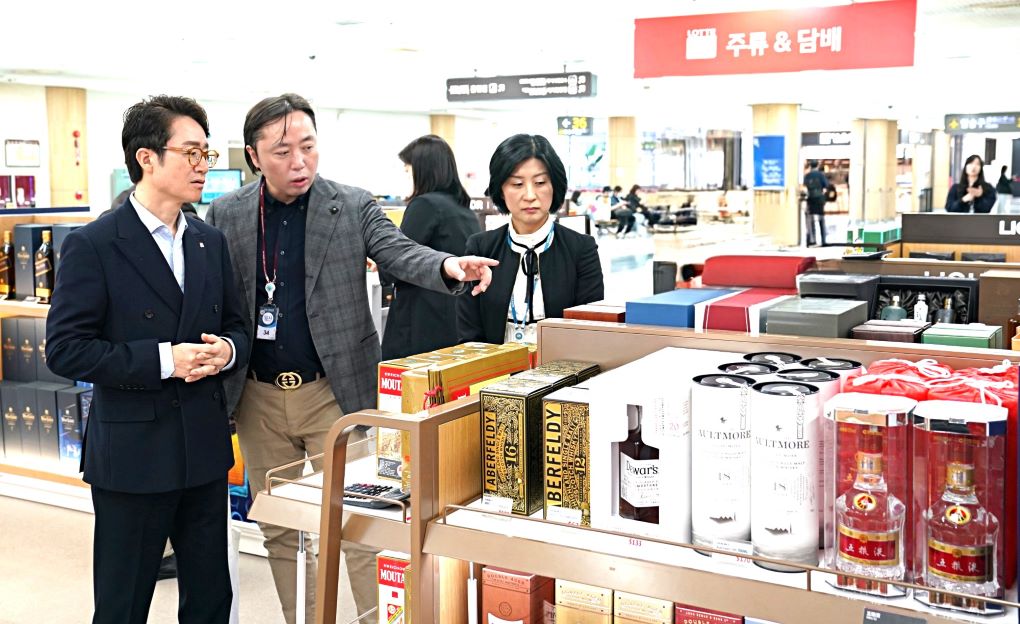SWITZERLAND/CHINA. Dufry’s share price has continued its upward momentum today on a report that Chinese aviation-to-leisure giant HNA Group is seeking to build a stake.
As reported, Dufry’s stock rose +3.52% on Tuesday on a Wall Street Journal claim that Dufry investors, including Singaporean sovereign wealth funds GIC and Temasek, had been approached by HNA (see table of shareholders below). The report also cited the Qatar Investment Authority’s 6.92% stake.

That momentum continued through yesterday and today the stock closed at CHF149.10, up +2.49% on the day.
Dufry had been wholly unaware of any approach to its sovereign wealth shareholders and the market is buzzing with conjecture as to what the news, if verified, means for the world’s leading travel retailer.

Click on image to enlarge
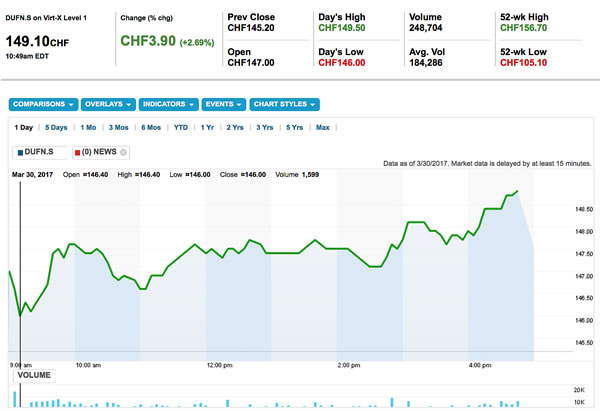
Here we take a look at some of the questions that have arisen.
MOODIE DAVITT INSIDE TAKE
Why would HNA Group be interested in Dufry?
The group has already invested heavily in the wider aviation and aviation services sectors (see list of acquisitions below). It’s not a big stretch to see how HNA might be interested in extending its activities along the travel service value chain.
How will Dufry react?
They would likely welcome any serious interest. HNA would make a formidable partner for Dufry in China, where its position is modest, and with the Chinese traveller.
It’s more likely that HNA wants to invest in the sector and learn from the industry giant. A toe in the water if you like.
Why would the various sovereign funds sell? And why now?
Their involvement was a pure financial play to support the acquisition of World Duty Free in 2015. If they could secure a decent premium less than two years after that deal they may decide to cash out.
HNA could individually negotiate with each of the funds and agree an enticing off-market valuation. If the price is right and offers those shareholders an attractive premium, it’s certainly conceivable they will sell now. Let’s say they bought in at CHF130 (it might have been a little less) and sell at, say, CHF170, that’s a +30% premium. A very nice return.
And if a fund wants to sell this is a way of doing it without the share pricing going down. In other words it suits both buyer and seller.
When is a mandatory offer triggered?
Under Swiss takeover rules, once you exceed 33.3% you must launch a mandatory offer which eventually would give you control. With 33.3% you can also block shareholders’ resolutions at AGMs and EGMs if you get a majority behind your proposal. With 50% and one share you get the usual rights of being able to elect and terminate directors, decide on dividends and where the cash goes etc.
What happens if they bought all three fund stakes?
They would become the biggest single shareholder with just over 23% (see table of shareholders). One would then expect a statement regarding their ambitions. Would they want the whole group, a controlling position? That’s key here – what’s the level of ambition? No-one’s sure.
What’s the most likely scenario?
It’s more likely that HNA wants to invest in the sector and learn from the industry giant. A toe in the water if you like.
Typically HNA is not involved in hostile deals. Its general strategy has been to buy related businesses and benefit from synergies. But the group is so ambitious that one can’t count anything out.
Are there really synergies here?
You could argue there are. The company has an airline and various aviation services businesses, such as inflight services provider gategroup, acquired last year. Notably gategroup’s CEO is Xavier Rossinyol – former Chief Financial Officer at Dufry from 2004 to mid-2012 and Chief Operating Officer EMEA and Asia from 2012 to 2015.
So, there’s certainly some logic. But it would be a huge play if they went for the whole company.
How much are we talking?
Today the enterprise value is CHF11.7 billion. The equity value is CHF7.8 billion. So let’s add an attractive premium, say +30%, on that. That takes you to CHF10.1 billion. Then add back the net debt, which brings you to CHF14 billion enterprise value. Based on their December EBITDA, that is around 13.5 times earnings.
That’s very expensive…
You would certainly need deep pockets. At the moment it is trading at around 11.2 times EBITDA. If you put a 30% premium on the equity value that takes you to around 13.5 x EBITDA.
A big number…
… a very big number. Very rich for a financial buyer. Anyone seeking to buy the whole entity would need to be someone with a strategic interest in the sector.
What would those sovereign wealth fund shareholders be looking for?
Generally, they would look towards the Swiss market and examine what premiums have been paid in the recent past. Based on recent examples, a buyer would probably need to offer around +25-30% on the current valuation in terms of a premium.
Dufry’s Q4 result showed an uptick in performance and generally market conditions looking more promising. Why not wait to sell?
It all depends on the price. For the funds, as mentioned, it’s purely a financial decision now. If someone comes along 18 months after they came in and offers a decent return, ideally in the 20%+ region on a time-adjusted basis, then on an internal rate of return that’s attractive. And it’s certain. The world at large isn’t.
What if they can only pick off, say, one fund?
It depends. These three funds don’t act in concert so if only one wants to sell then HNA might look at what it could buy in the public market and over what period of time.
Any stake-building activity would drive up the share price, whereas they can contract now with a seller at an agreed price. And if, say, Temasek wanted to sell on the open market it would drive the share price down.
How liquid are the shares?
Around 65% or so of the 10 billion is free float – so around 6.5 billion.
So if they wanted to build a stake from the free float they could do that?
Yes, they could engage a bank and start buying shares. But they are subject to various disclosure requirements starting at 3%. Each time they reach a certain level of shares they must issue a new disclosure.
Why go through these funds then and pay a 30% premium?
Any stake-building activity would drive up the share price, whereas they can contract now with a seller at an agreed price. And, as mentioned, if, say, Temasek wanted to sell on the open market it would drive the share price down.
Again, it comes down to what HNA ultimately wants to achieve. If they wish to own it to run it and integrate it into the HNA Group empire and then eventually delist it, then they need to get to a majority position.
If they just want to make a financial investment, then they could buy through the market and sit there without any rights.
They might see a window of opportunity as the funds collectively own a sizable stake. The could own anything from just under 7% to just over 23% by buying either one of the funds’ stakes or two or three. The strategy ultimately depends on the group’s intentions.
How would the story have leaked to the Wall Street Journal?
Probably a party which wanted to see some upward momentum in the share price.
What about the new Chinese limits on foreign capital outflow?
The State Council has circulated a draft document that requires government agencies to sign off on certain foreign acquisitions, at least until September 2017. There are many boxes that any Chinese buyer of scale in terms of overseas acquisitions must tick but those relating to size are as follows:
- Foreign investments that exceed US$10 billion
- Foreign investments over US$1 billion outside the buyer’s core business
The restrictions are a response to the Yuan’s slump against the Dollar and falling foreign exchange reserves at the People’s Bank of China.
A deal-stopper?
That depends on the deal. If they were to buy these stakes intending to launch a mandatory offer, the sellers would have to be satisfied that the buyers could get the deal done. This would be a public market play remember. But one suspects HNA would be able to manage any approvals.
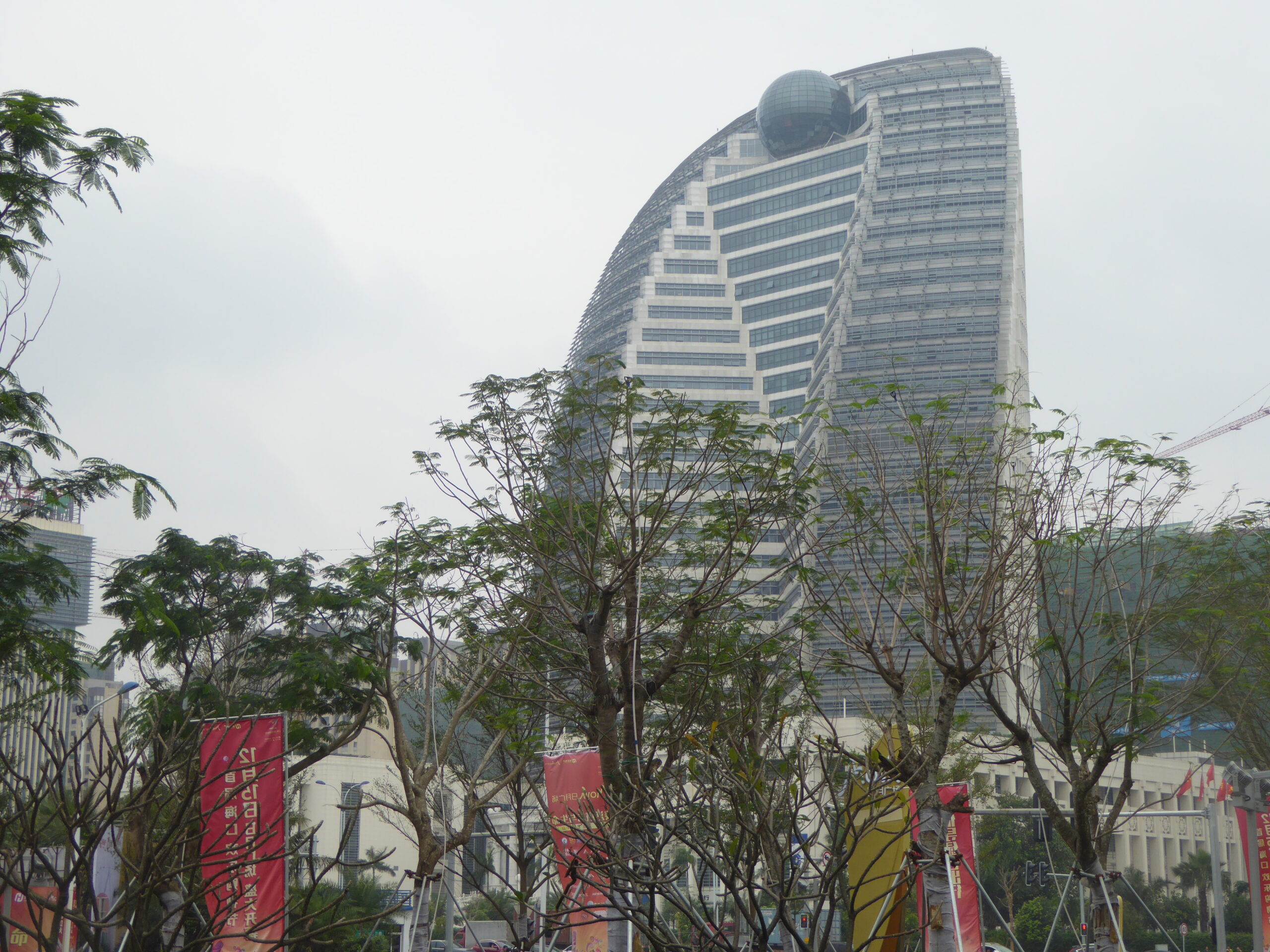
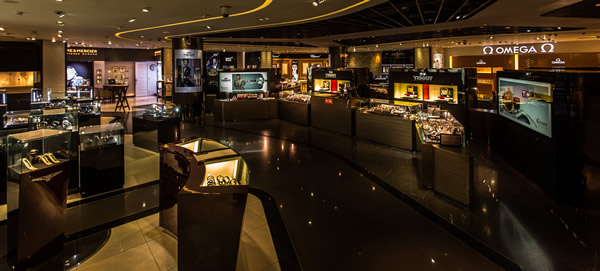
On the acquisition trail
Chinese conglomerate HNA Group has been very active in recent times in making acquisitions across its fields of interest with aviation and aviation-related services central to the expansion. Here is a selected timeline of some of its main deals:
- December 2016: As reported, HNA completes acquisition of gategroup, the Swiss inflight services provider, in a transaction valued at CHF1.4 billion (US$1.47 billion).
- December 2016: Completes acquisition of IT products and services company Ingram Micro through subsidiary Tianjin Tianhai Investment Company. The all-cash transaction is for US$38.90 per share with an equity value of approximately US$6 billion.
- December 2016: Closes deal to acquire Carlson Hotels through subsidiary HNA Tourism Group. Also acquires Carlson’s 51.3% stake in Brussels-based Rezidor Hotel Group.
- October 2016: China Duty Free Group parent company China International Travel Service votes at its board meeting on 28 October to create a joint venturewith Hainan Duty Free.
- October 2016: Announces intention to purchase a quarter of Hilton Worldwide Holdings Inc. for US$6.5 billion.
- October 2016: Buys CIT Group’s aircraft leasing business for US$10 billion.
- May 2016: Agrees to purchase 13% of Virgin Australia for US$114 million, with plans to raise that stake to about 20%.
- March 2016: Increases stake in Deutsche Bank from 3.04% to 4.76%.
- March 2016: Acquires Manhattan’s 245 Park Avenue skyscraper for US$2.21 billion.
- November 2015: Agrees to buy 23.7% stake in Azul Brazilian Airlines for US$450 million through subsidiary Hainan Airlines.
- July 2015: Agrees to buy airport luggage handler Swissport International from PAI Partners for US$2.81 billion.










